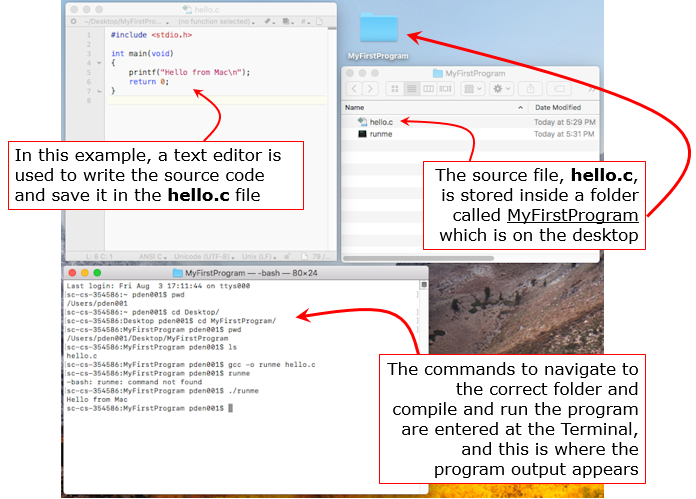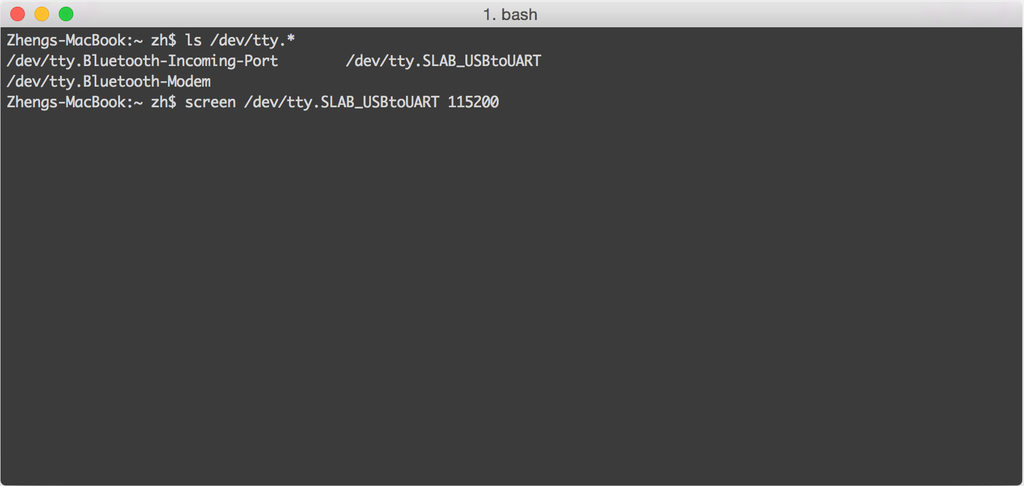
This may happen either after a call to quit() from inside the application or when the user shuts down the entire desktop session. This signal is emitted when the application is about to quit the main event loop, e.g. In addition, argc must be greater than zero and argv must contain at least one valid character string. Warning: The data referred to by argc and argv must stay valid for the entire lifetime of the QCoreApplication object. The argc and argv arguments are processed by the application, and made available in a more convenient form by the arguments() function. Such applications are used at the console or as server processes. Core applications are applications without a graphical user interface. Member Function Documentation QCoreApplication:: QCoreApplication( int & argc, char ** argv)Ĭonstructs a Qt core application. See also QGuiApplication, QAbstractEventDispatcher, QEventLoop, Semaphores Example, and Wait Conditions Example.

To get around this problem, call the POSIX function setlocale(LC_NUMERIC,"C") right after initializing QApplication, QGuiApplication or QCoreApplication to reset the locale that is used for number formatting to "C"-locale. This can cause a conflict when using POSIX functions, for instance, when converting between data types such as floats and strings, since the notation may differ between locales. On Unix/Linux Qt is configured to use the system locale settings by default.
#CHECK FOR WARNINGS C++ TERMINAL MAC PLUS#
It parses the argument of qmljsdebugger, and then removes this option plus its argument.įor more advanced command line option handling, create a QCommandLineParser.

Note: QCoreApplication removes option -qmljsdebugger=".". The command line arguments which are passed to QCoreApplication's constructor should be accessed using the arguments() function. The QObject::tr() and QObject::trUtf8() functions are implemented in terms of translate(). Application strings can be translated using translate(). Translation files can be added or removed using installTranslator() and removeTranslator(). Library paths (see QLibrary) can be retrieved with libraryPaths() and manipulated by setLibraryPaths(), addLibraryPath(), and removeLibraryPath(). Application and Library PathsĪn application has an applicationDirPath() and an applicationFilePath(). The class provides a quit() slot and an aboutToQuit() signal. Pending events can be removed with removePostedEvents() or dispatched with sendPostedEvents(). Events can be sent with sendEvent() or posted to an event queue with postEvent(). The QCoreApplication object is available from instance(). Several static convenience functions are also provided. exec() will not return until the event loop exits e.g., when quit() is called. In general, we recommend that you create a QCoreApplication, QGuiApplication or a QApplication object in your main() function as early as possible. Long-running operations can call processEvents() to keep the application responsive. The event loop is started with a call to exec(). It also handles the application's initialization and finalization, as well as system-wide and application-wide settings.

QCoreApplication contains the main event loop, where all events from the operating system (e.g., timer and network events) and other sources are processed and dispatched. For applications that use the Qt Widgets module, see QApplication. For GUI applications, see QGuiApplication. For non-GUI application that uses Qt, there should be exactly one QCoreApplication object. This class is used by non-GUI applications to provide their event loop. Translate(const char * context, const char * sourceText, const char * disambiguation = nullptr, int n = -1) TestAttribute(Qt::ApplicationAttribute attribute) SetOrganizationName(const QString & orgName) SetOrganizationDomain(const QString & orgDomain) SetLibraryPaths(const QStringList & paths) SetEventDispatcher(QAbstractEventDispatcher * eventDispatcher) SetAttribute(Qt::ApplicationAttribute attribute, bool on = true) SetApplicationVersion(const QString & version) SetApplicationName(const QString & application) SendPostedEvents(QObject * receiver = nullptr, int event_type = 0) SendEvent(QObject * receiver, QEvent * event) RemoveTranslator(QTranslator * translationFile) RemovePostedEvents(QObject * receiver, int eventType = 0) ProcessEvents(QEventLoop::ProcessEventsFlags flags, int ms) ProcessEvents(QEventLoop::ProcessEventsFlags flags = QEventLoop::AllEvents) PostEvent(QObject * receiver, QEvent * event, int priority = Qt::NormalEventPriority)



 0 kommentar(er)
0 kommentar(er)
